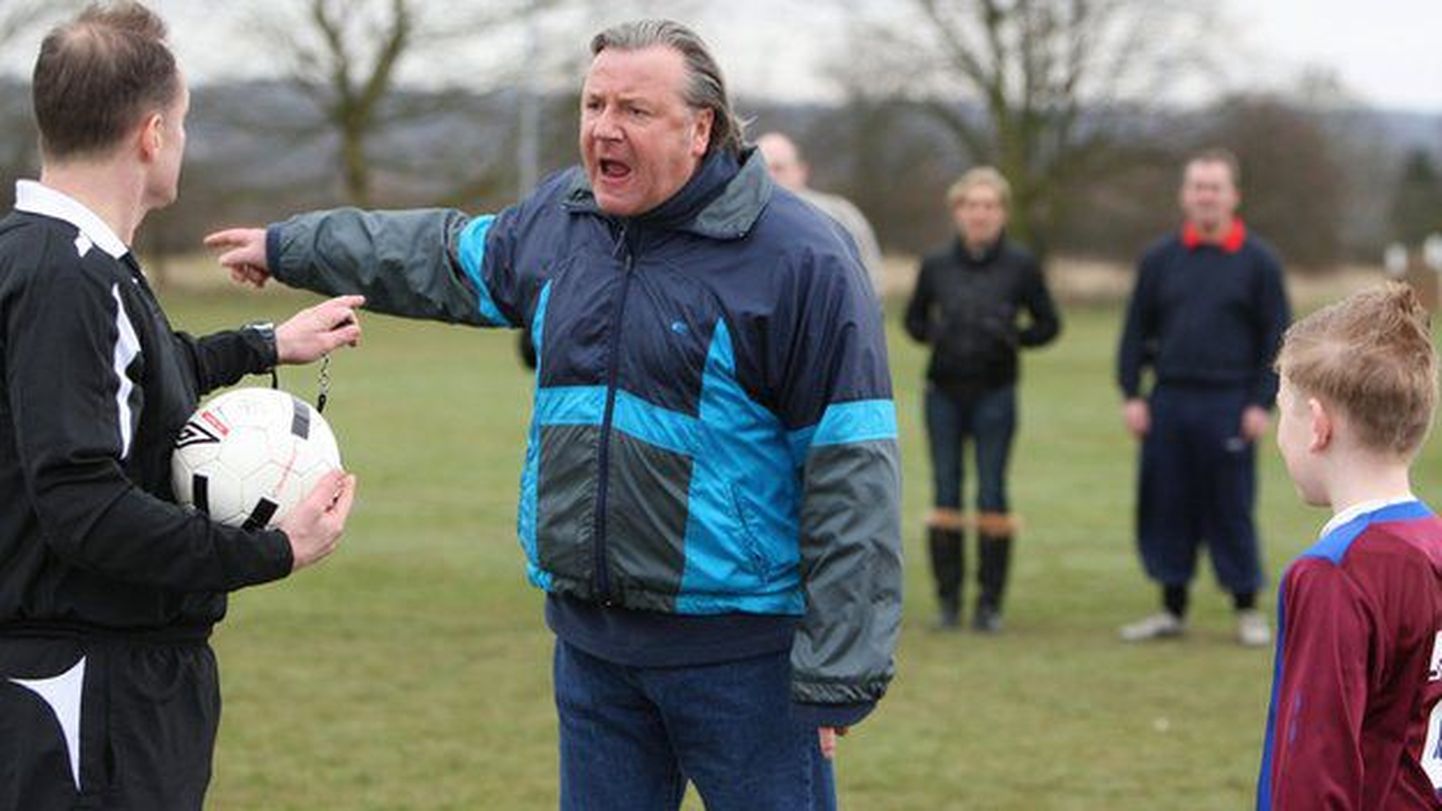«In Estonia’s sports fields and halls, such behaviour is a daily thing,» admits Aave Hannus, senior sports psychology research fellow and teacher at University of Tartu. «Naturally, the parents want what’s best for their children, but they just cannot cope with the situation. Seeing their little ones compete, they are overwhelmed with the feeling of being out of control and helpless. They would like to help the child, but have no idea how to do it.»
The problem has many facets and touches youth in every age group. As explained by Ms Hannus, till the age of 15 a kid mainly trains to play and to develop. Abstract thinking begins to be formed starting age of 11 which means that before that a kid cannot get total clarity about the win/lose ratio. «They cannot understand that in sports the result is not under their control. A lot depends on opponents, and at least half of participants end up as losers anyway.» Often, the grown-ups on the bleachers fail to get it as well.
Present at the competition, parents frequently miss what must be happening in a child’s head. They cuss out referees, the other team, other kids and their parents. Not unusually, verbal violence evolves into physical. Sad, of course, if for that reason the kid wishes to leave the training sessions. Meanwhile, a veteran fencing coach Igor Tšikinjov beholds the bigger picture. «Do these parents really want their offspring to grow up to be such aggressive idiots as they are?» as the man with 33 years as coach under his belt.

